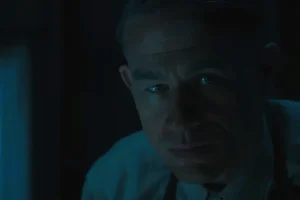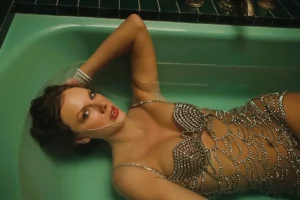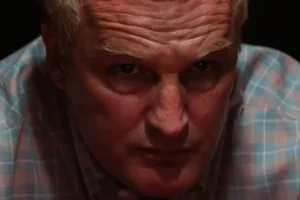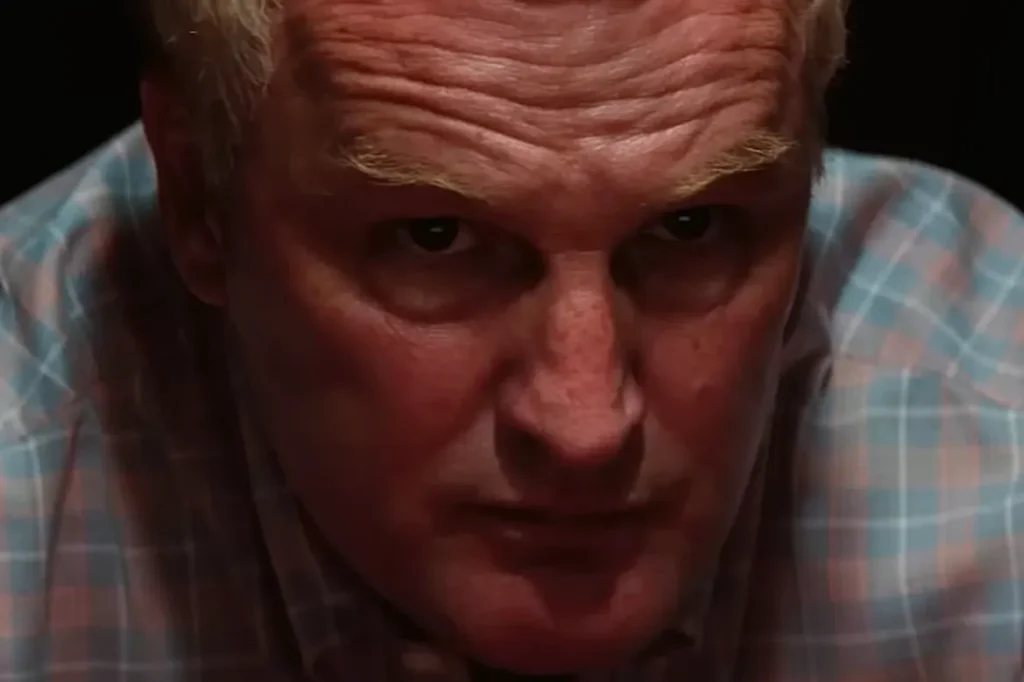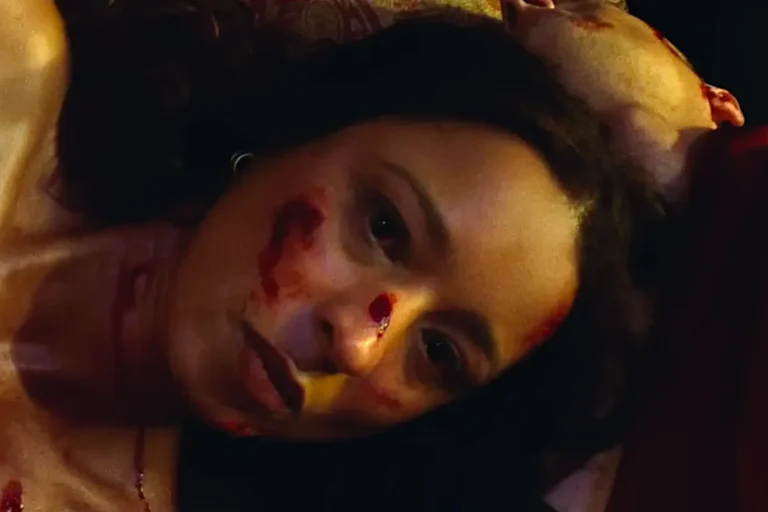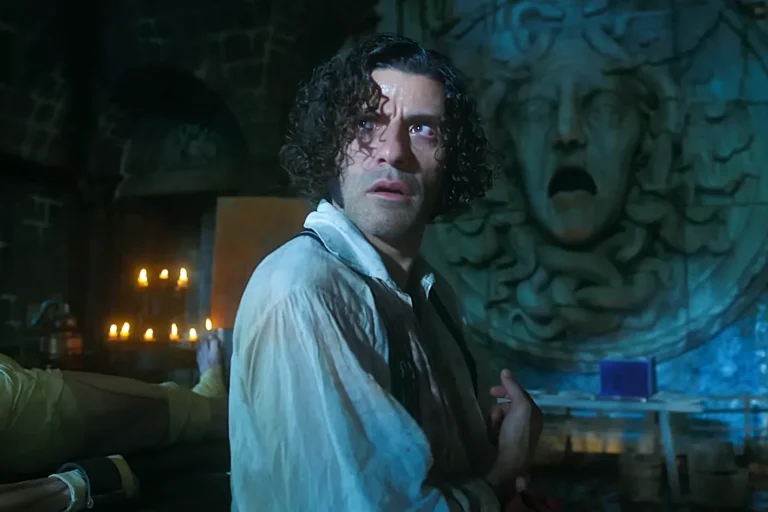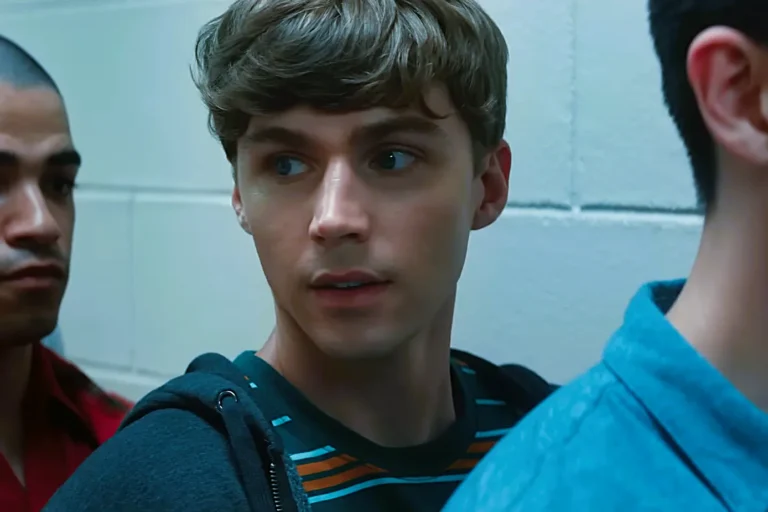Summary:
-
Guillermo del Toro describes his Frankenstein adaptation as more of a family drama than a traditional horror film.
-
The movie explores themes of fathers and sons, guilt, and inherited pain within a gothic framework.
-
Starring Oscar Isaac and Jacob Elordi, Frankenstein releases in theaters on October 17, 2025, and on Netflix on November 7, 2025.
Guillermo del Toro’s Frankenstein is one of 2025’s most anticipated releases — but it’s not quite the horror movie audiences might expect. Instead, del Toro reimagines Mary Shelley’s classic tale as an emotional exploration of family, faith, and creation. Featuring Oscar Isaac, Jacob Elordi, and Mia Goth, the film blends gothic atmosphere with intimate human drama, offering a deeply personal twist on the 200-year-old story.
Why Guillermo del Toro Says Frankenstein Isn’t a Horror Movie
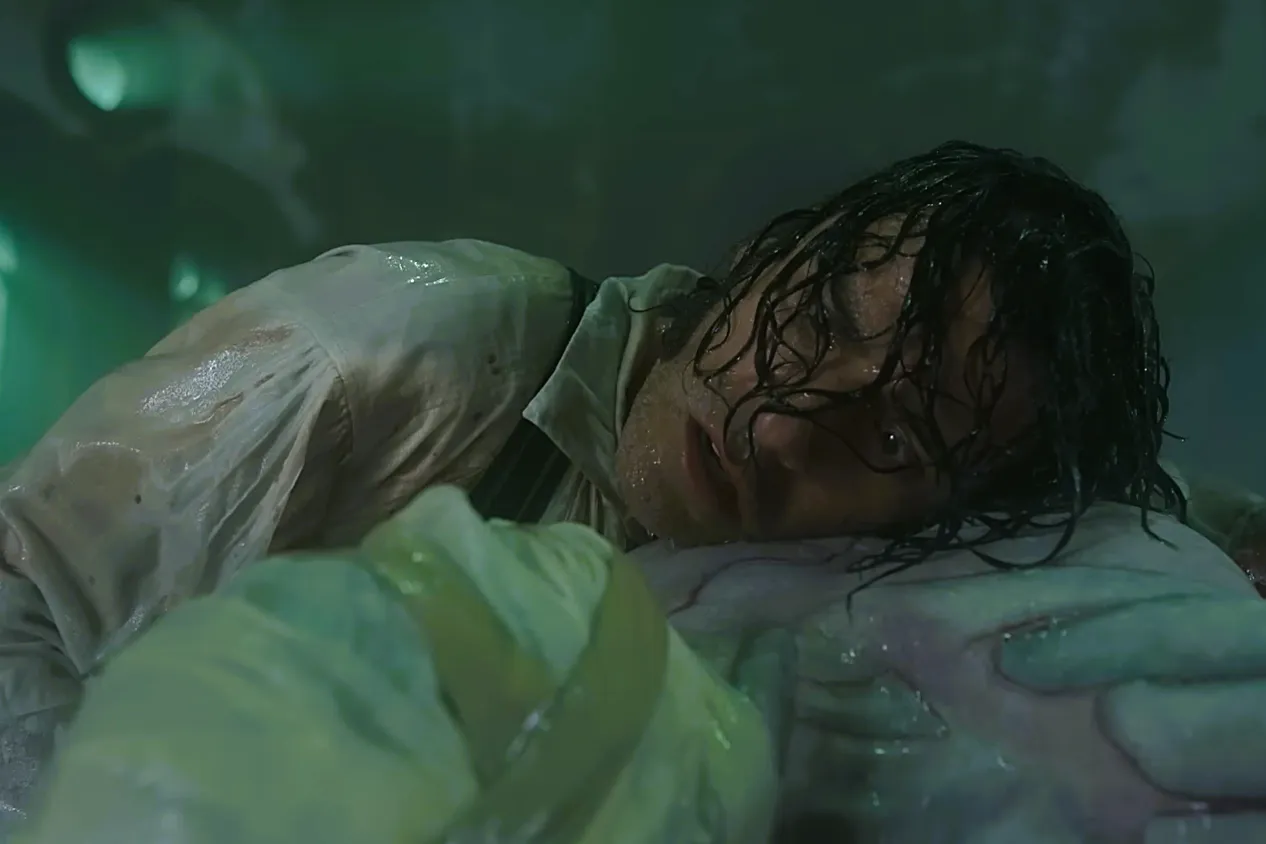
When Frankenstein premiered at the Venice International Film Festival in August 2025, many viewers expected a return to del Toro’s signature blend of beauty and terror. Instead, what they got was something more reflective a film that uses horror as its setting, not its goal.
Speaking at the Los Angeles premiere, del Toro clarified this perspective. While he acknowledged that Frankenstein “nominally and generically” fits the horror label, he emphasized that his version operates on a different emotional wavelength. After three decades of directing dark fantasies, del Toro explained that he wanted this adaptation to go beyond genre exploring the pain passed between fathers and sons, faith, and the ethics of creation.
At its heart, Frankenstein isn’t about monsters or fear. It’s about grief, rejection, and the need for connection all through the lens of a creator facing the consequences of his ambition.
This interpretation aligns perfectly with del Toro’s career-long fascination with misunderstood creatures. From Pan’s Labyrinth to The Shape of Water, his “monsters” often reflect humanity’s emotional scars more than its fears. In Frankenstein, he continues that legacy, transforming one of literature’s most famous monsters into a symbol of generational pain and lost empathy.
READ MORE: Black Phone 2 Ending Explained: What Really Happens?
What Makes Netflix’s Frankenstein Different from Past Adaptations?
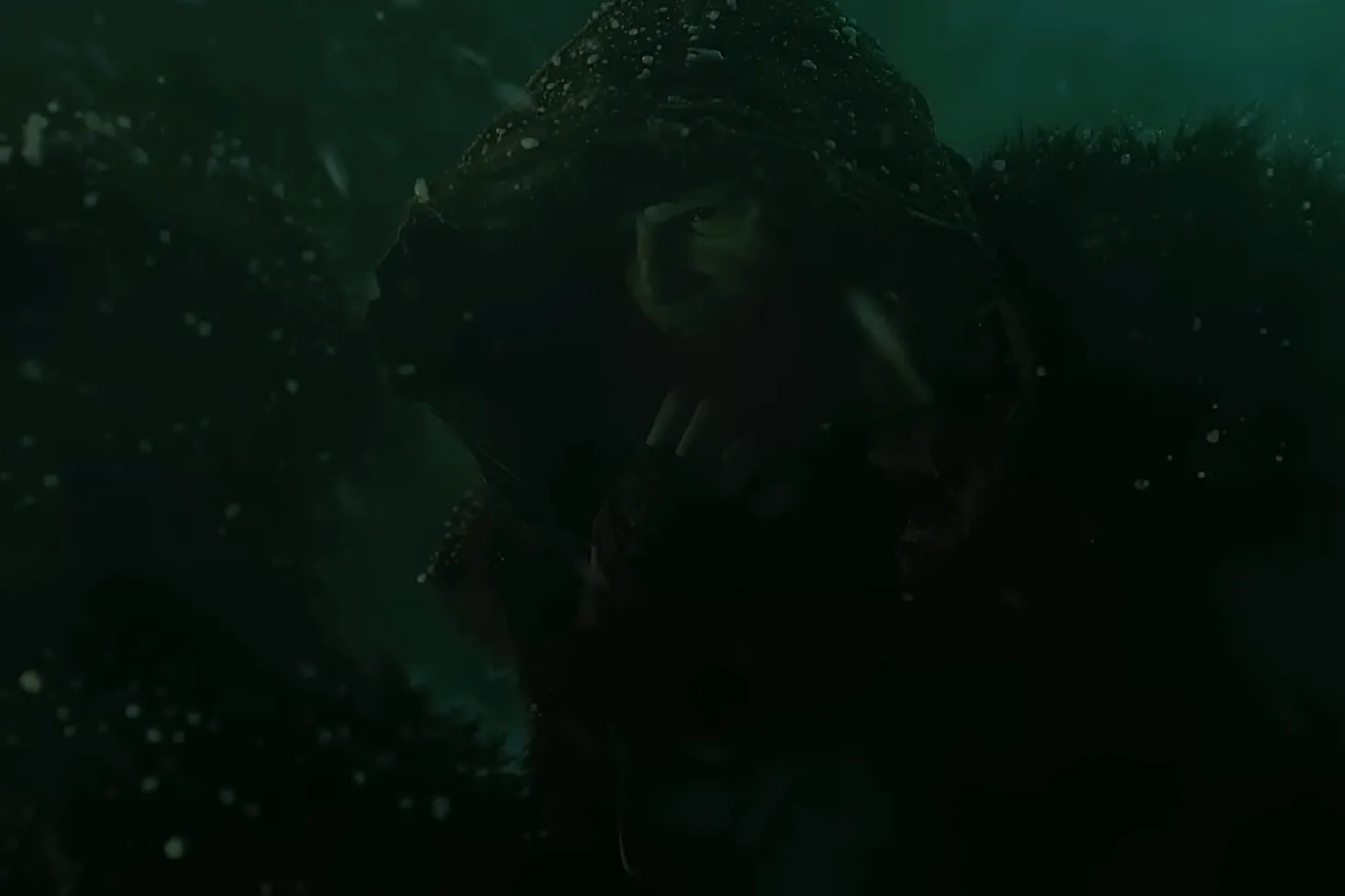
Mary Shelley’s Frankenstein has been adapted countless times from Boris Karloff’s stitched-up classic in 1931 to Kenneth Branagh’s romanticized take in the ’90s. But del Toro’s version, by all accounts, feels fundamentally new.
Rather than focusing solely on the horror of scientific overreach, del Toro re-centers the story around emotion, morality, and legacy. His Frankenstein is a story about fathers, sons, and the spiritual cost of trying to play God.
Oscar Isaac plays Dr. Victor Frankenstein, a brilliant but tormented scientist whose pursuit of creation leads to devastation. Jacob Elordi takes on the role of The Monster, portraying him not as a mindless brute, but as a tragic reflection of humanity’s cruelty and longing for acceptance.
According to early reviews from Venice and Toronto, much of the film’s power comes from the chemistry between Isaac and Elordi. Their performances carry the emotional weight of a relationship built on both creation and rejection a mirror of del Toro’s recurring themes about flawed father figures and lost children.
The Monster’s narration in the trailer reinforces this emotional shift: his pain doesn’t come from what he is, but from being unloved by his creator. It’s a human story, told through the lens of gothic tragedy.
READ MORE: Where Will Julia Robert’s After the Hunt Stream?
How Guillermo del Toro Redefines Horror in Frankenstein
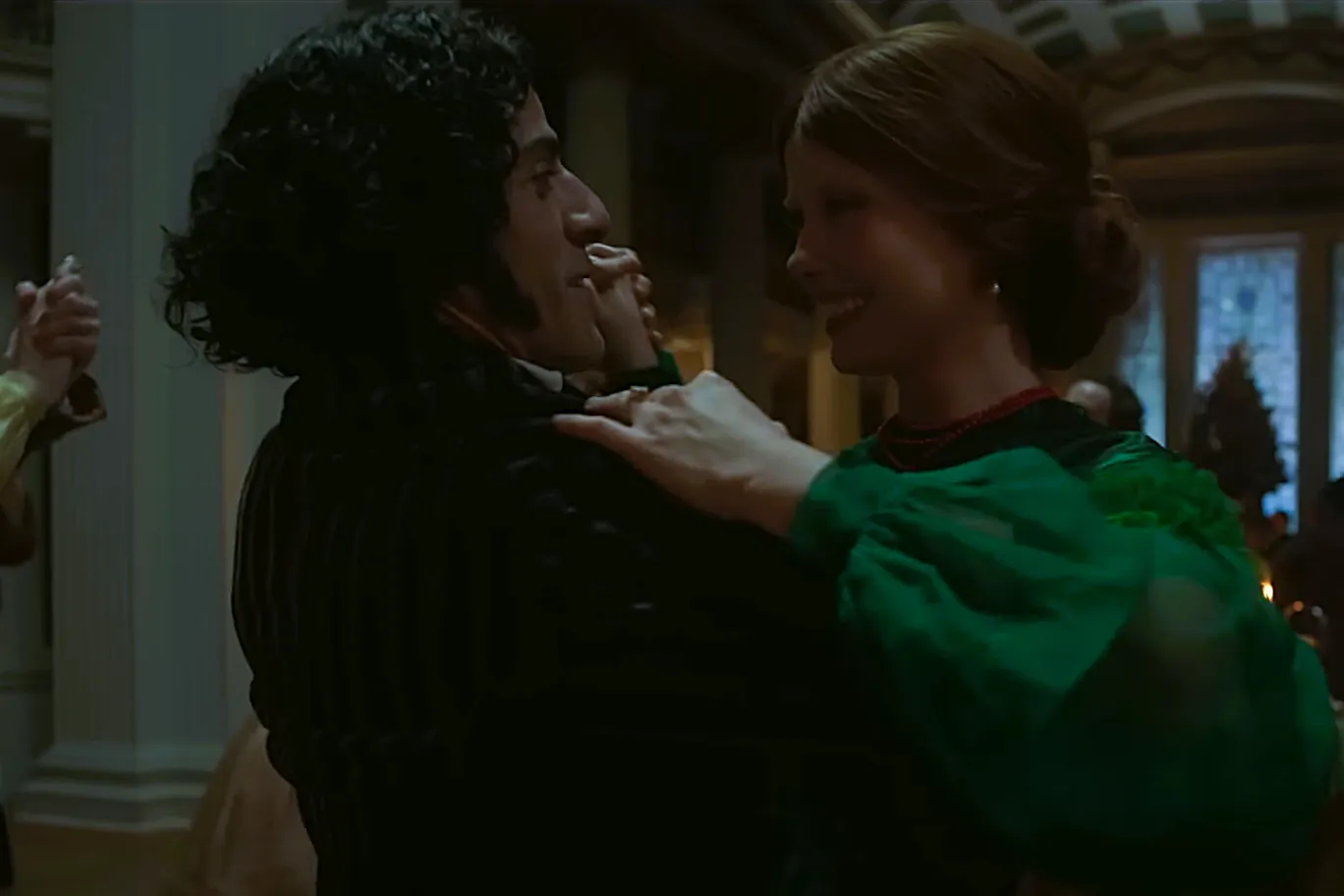
Del Toro’s Frankenstein doesn’t abandon horror it redefines it. The fear isn’t rooted in blood or jump scares, but in moral dread: the terror of realizing how much suffering can come from love, ambition, and faith.
As del Toro told Deadline, the film is “about the very Catholic notion of fathers and sons, and the pain we transmit from one generation to the next.” This idea of inherited guilt and moral failure runs throughout his filmography, but Frankenstein presents it in its purest form.
Visually, del Toro leans into the gothic grandeur fans expect crumbling laboratories, candlelit cathedrals, and snow-drenched landscapes. But the tone is more meditative than horrific. Instead of jump scares, the film uses quiet intensity and emotional tension to unsettle the viewer.
In essence, del Toro treats horror as a philosophical tool a way to explore what happens when creation becomes an act of ego instead of compassion. The “monster” isn’t the creature itself, but the failure to love what we make.
READ MORE: What’s the Real Story Behind Frankenstein (2025)?
When and Where to Watch Guillermo del Toro’s Frankenstein
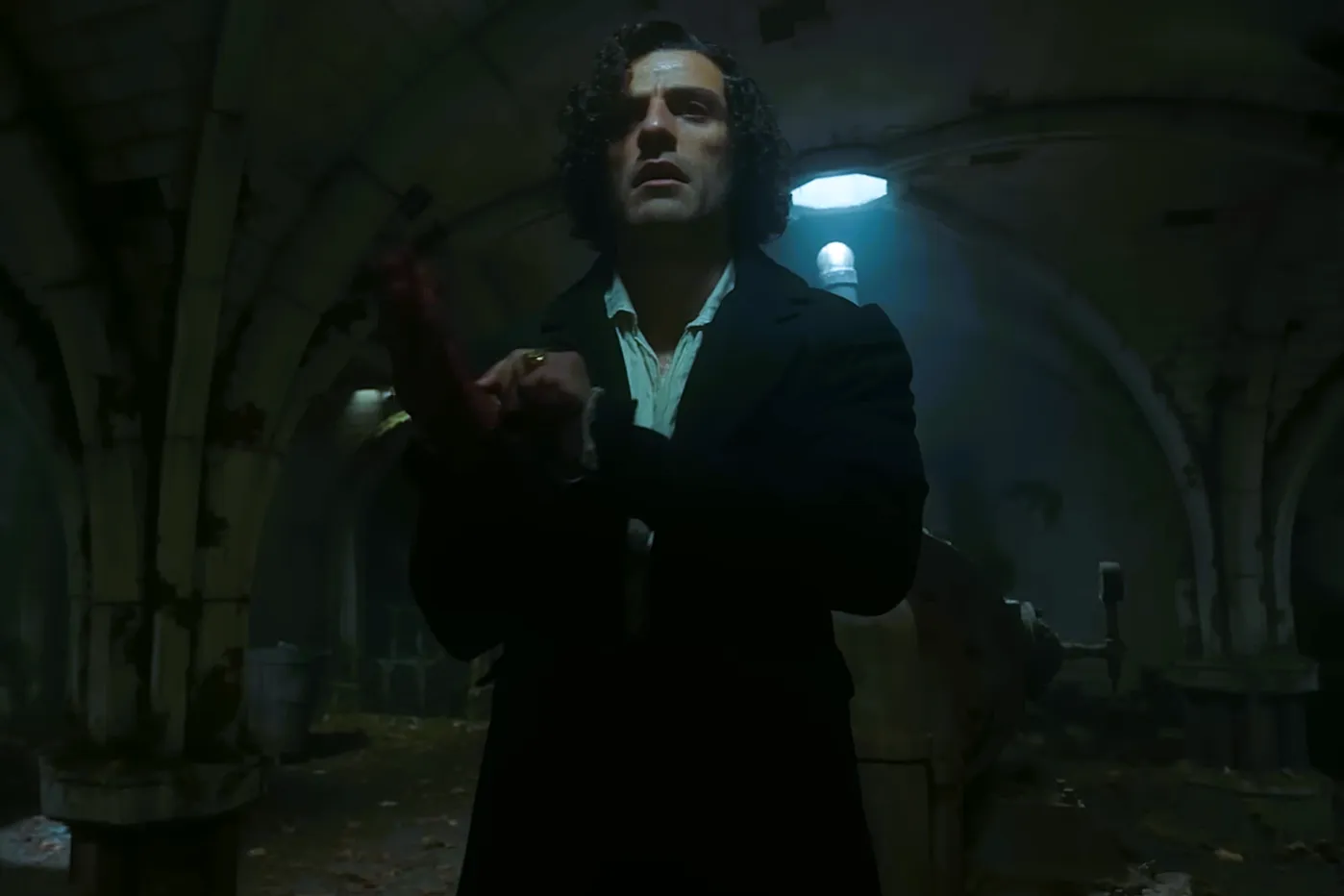
Frankenstein begins its limited theatrical run on October 17, 2025, perfectly timed for the Halloween season. Afterward, it will be available to stream on Netflix starting November 7, 2025.
The film premiered at major international festivals including Venice, Toronto, and Busan, earning praise for its production design, performances, and emotional storytelling. Early critics have called it one of del Toro’s most visually ambitious projects balancing the grandeur of Crimson Peak with the intimacy of The Shape of Water.
With a 149-minute runtime, the movie allows its characters to breathe, making it less about spectacle and more about emotional excavation. The film’s R-rating comes from its intensity and themes, rather than gore or violence consistent with del Toro’s description of it as a “family drama” within a horror framework.
READ MORE: Who Stars in the Frankenstein Cast and Which Characters Do They Play?
How Critics Are Responding to Frankenstein
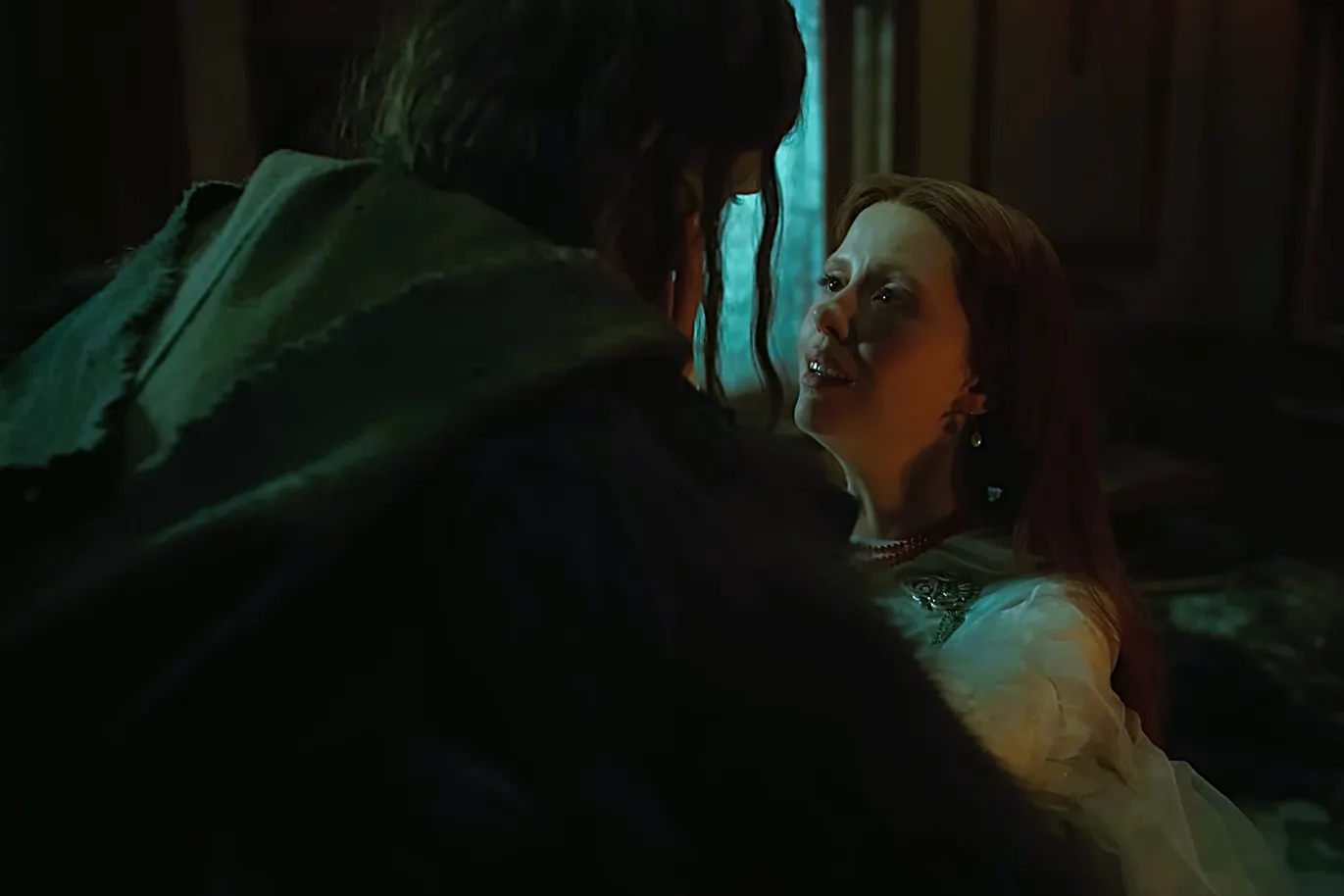
Early reviews from Venice and Toronto have been generally positive, though somewhat divided on tone. Some critics have hailed Frankenstein as del Toro’s most mature film to date, praising its emotional honesty and haunting visuals. Others have noted that its deliberate pacing and introspective focus might challenge viewers expecting a more traditional monster movie.
Jack Walters of ScreenRant highlighted the “chemistry between Isaac and Elordi” as the film’s driving force, calling their dynamic “tragic, tender, and unpredictable.” Meanwhile, several outlets praised del Toro’s production design and practical effects, describing them as “painterly” and “meticulously crafted.”
While Frankenstein is unlikely to deliver the visceral scares of typical horror, its emotional and thematic resonance might ensure it becomes a lasting entry in del Toro’s filmography one that sits comfortably beside Pan’s Labyrinth and The Shape of Water.
READ MORE: Full Cast List & Roles of Good Fortune Movie
Is Frankenstein the Start of a New Era for Guillermo del Toro?
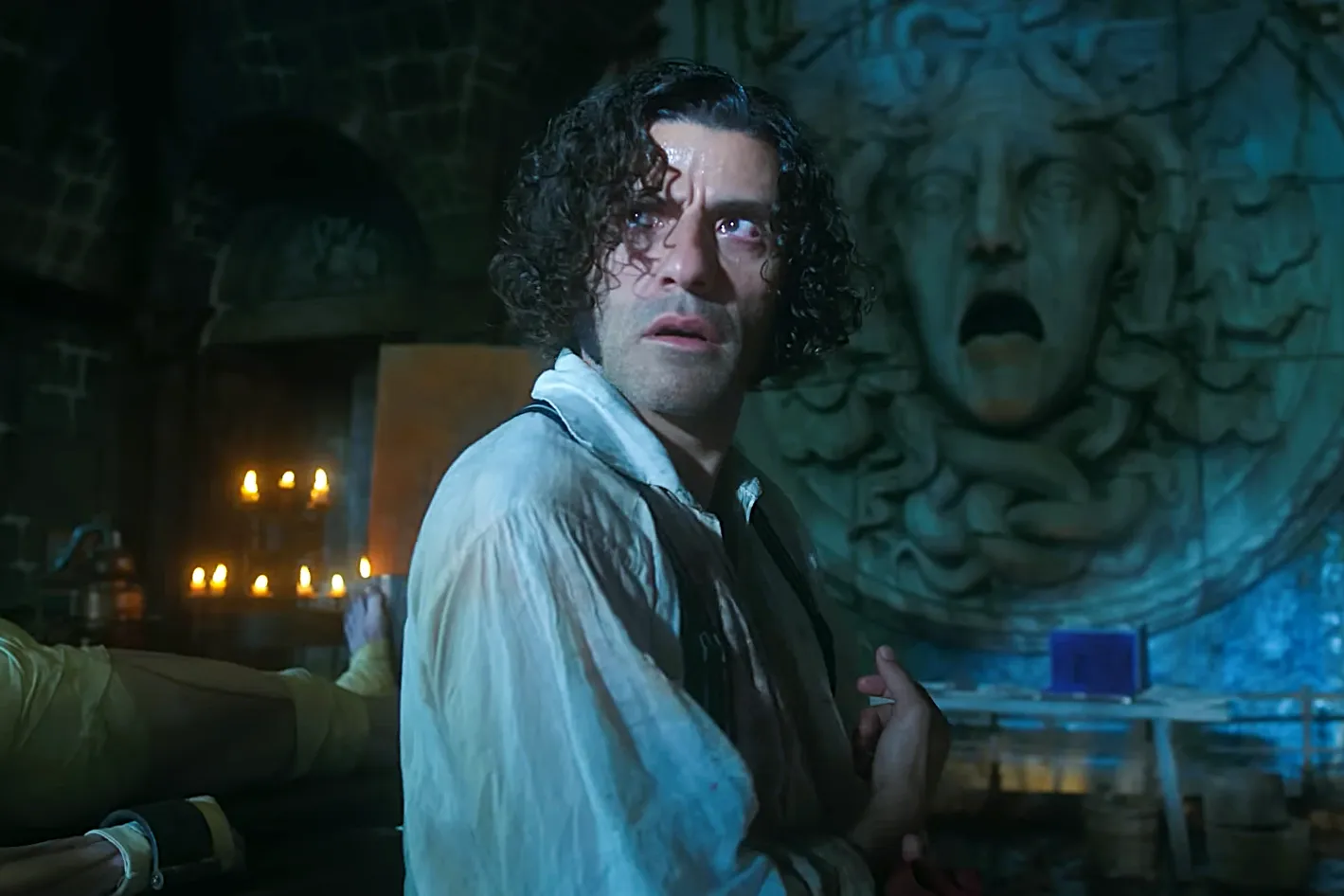
Del Toro’s Frankenstein feels like the culmination of everything he’s been building toward as a storyteller. For years, he’s been fascinated by outcasts, the divine, and the monstrous and this project ties all those obsessions together in one definitive statement.
It’s also his first major collaboration with Netflix following Pinocchio (2022), which won the Academy Award for Best Animated Feature. Like Pinocchio, Frankenstein explores the act of creation, fatherhood, and morality suggesting del Toro’s ongoing interest in stories that humanize mythic figures.
In that sense, Frankenstein isn’t just another adaptation. It’s a personal confession from a filmmaker who’s spent his career exploring the beauty in imperfection and the humanity in monsters.
Stay updated with the Latest News and Stories, follow us on our social media platforms.
You can follow us on:
Stay Connected!! Join our Whatsapp Channel

